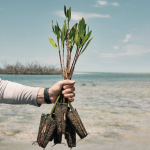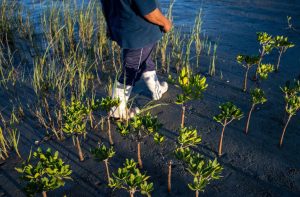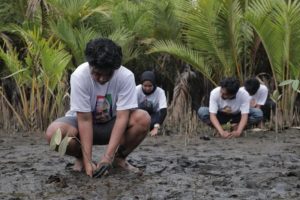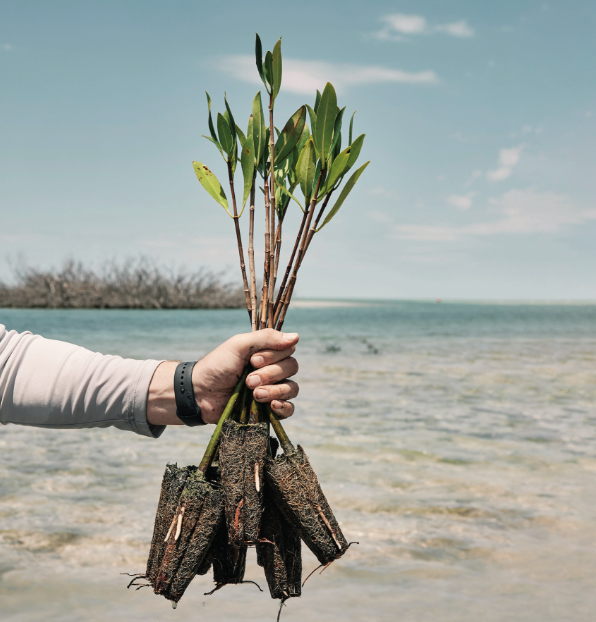Jamaica strengthens mangrove ecosystem through a four-year project.
Jamaicas mangrove ecosystem is set to receive a boost through a four-year project implemented by the Forestry Department. Known as the Jamaica Mangroves Plus Project, it commenced in late 2023 and will continue until 2027. The initiative is being funded by a grant from the Global Environment Facility (GEF) through the Food and Agriculture Organization (FAO). The project aims to promote biodiversity and sustainable management of the countrys wetland forests and is described as a “groundbreaking activity” by Ainsley Henry, Chief Executive Officer of the Forestry Department and Conservator of Forests. Source=Loop News Jamaica.
Henry highlighted the crucial role played by mangroves in maintaining the health of Jamaicas coastlines during the official launch of the project. He emphasized the need to restore, protect, and conserve the wetland forests, which will involve policy changes, creating a favorable environment for mangrove sustainability, raising awareness among stakeholders, mapping wetland forests, proposing preservation and restoration zones, and developing a dedicated website for real-time updates on wetland forest management. The project also aligns with the National Mangrove and Swamp Management Plan (NMSMP) initiated in 2023. Source=Loop News Jamaica.
Project Manager Nicolene Whitely stressed the urgency of the project, citing a net loss of 16.9 hectares of mangroves between 2017 and 2021. Whitely expressed concerns about the potential long-term consequences if destructive practices continue. The project aims to contribute to the NMSMPs goal of conserving a minimum of 60% or 7,600 hectares of government-owned forested wetlands and 20% of privately-owned forested wetlands by 2062. The Jamaica Mangroves Plus project aims to benefit 400 direct beneficiaries and 18,194 indirect beneficiaries, with its components focused on strengthening national mangrove policy, ecosystem restoration, and knowledge management. Co-financiers of the project are the Caribbean Coastal Area Management (C-CAM) Foundation, National Fisheries Authority, and The Nature Conservancy. Source=Loop News Jamaica.





